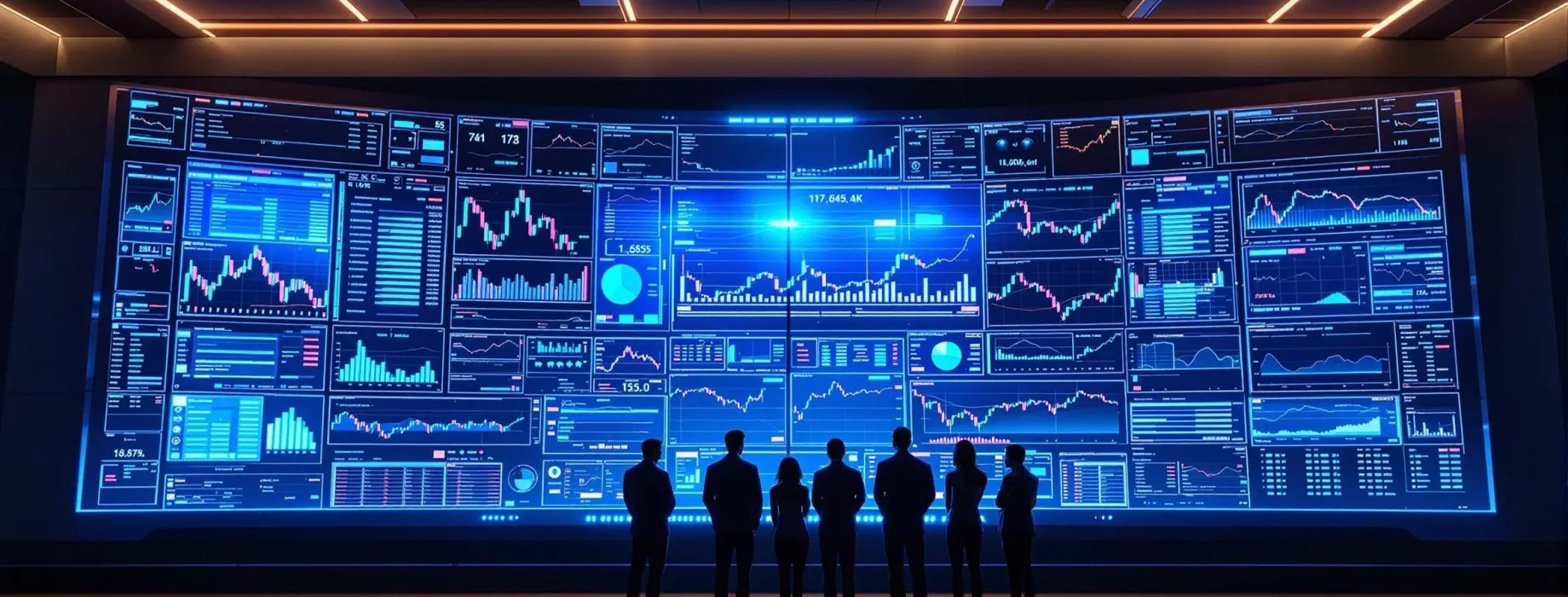- Support and resistance levels identify price boundaries
- Moving averages help determine trend direction
- RSI and MACD spot potential reversals
- Candlestick patterns reveal market psychology
Forex Trading Master: Developing Professional Currency Trading Skills

Mastering forex trading requires dedication, strategy, and continuous learning. This article provides practical insights for traders looking to enhance their currency trading capabilities regardless of experience level.
Understanding Forex Trading Fundamentals
Becoming a forex trading master starts with solid fundamentals. The currency market operates 24 hours a day, five days a week, creating opportunities across different time zones. Unlike stock markets, forex features currency pairs traded against each other rather than individual securities.
| Market Characteristic | Forex Market | Stock Market |
|---|---|---|
| Trading Hours | 24 hours (weekdays) | Exchange hours only |
| Liquidity | Very high | Varies by stock |
| Transaction Costs | Usually spread only | Commissions + spread |
Daily trading volume exceeds $6 trillion, making forex the most liquid financial market globally. This liquidity allows traders to enter and exit positions quickly without significant price slippage in major pairs.
Essential Currency Pair Knowledge
To master forex trading, understanding currency pairs is crucial. Pairs are categorized as majors, minors, and exotics, each with distinct characteristics and trading volumes.
| Category | Examples | Characteristics |
|---|---|---|
| Major Pairs | EUR/USD, USD/JPY | Highest liquidity, lowest spreads |
| Minor Pairs | EUR/GBP, AUD/NZD | Good liquidity, moderate spreads |
| Exotic Pairs | USD/TRY, EUR/PLN | Lower liquidity, higher spreads |
Beginners often start with major pairs due to their stability and lower costs. As you develop your forex trading master skills, you might explore minor pairs for additional opportunities.
Technical Analysis Methods
Technical analysis forms the backbone of many successful trading strategies. These approaches rely on price charts and indicators to identify potential entry and exit points.
Platforms like Pocket Option provide comprehensive charting tools essential for technical analysis. Their interface allows traders to apply multiple indicators simultaneously for more robust signal confirmation.
| Analysis Type | Best For | Timeframe |
|---|---|---|
| Price Action | Pattern recognition | Any |
| Indicator-Based | Trend confirmation | Medium to long |
| Volume Analysis | Breakout validation | Short to medium |
Fundamental Analysis Importance
While technical analysis focuses on price patterns, fundamental analysis examines economic factors affecting currency values. To master forex trading effectively, combining both approaches creates a more complete market perspective.
- Interest rate decisions directly impact currency strength
- Employment reports indicate economic health
- Inflation data influences central bank policies
- GDP figures reveal growth trajectories
Economic calendars help traders anticipate market-moving events. Preparation before major announcements can prevent unexpected losses and potentially create strategic opportunities.
| Economic Indicator | Impact Level | Release Frequency |
|---|---|---|
| Interest Rate Decision | Very High | Monthly/Quarterly |
| Non-Farm Payrolls | High | Monthly |
| GDP | High | Quarterly |
| CPI (Inflation) | Medium-High | Monthly |
Risk Management Strategies
Perhaps the most critical aspect to master forex trading is proper risk management. Even the best analysis cannot guarantee success on every trade, making capital preservation essential.
- Limit exposure to 1-2% of capital per trade
- Use stop-loss orders consistently
- Maintain appropriate risk-to-reward ratios
- Avoid emotional decision-making
Many new traders focus excessively on entry strategies while neglecting exit plans. Developing clear criteria for both entering and exiting positions improves long-term results significantly.
| Risk Level | Capital Per Trade | Recommended For |
|---|---|---|
| Conservative | 0.5-1% | Beginners |
| Moderate | 1-2% | Intermediate |
| Aggressive | 2-3% | Experienced only |
Trading Psychology Mastery
The psychological component often determines whether a trader succeeds long-term. Emotional discipline separates consistent performers from those who struggle with recurring losses.
- Maintain trading journals to identify patterns
- Develop routines that reduce stress
- Set realistic profit expectations
- Accept losses as part of the process
Many who seek to master forex trading focus on strategies while underestimating psychological factors. Creating a structured approach that includes mental preparation often leads to more consistent results.
Conclusion
The path to becoming a forex trading master requires balancing technical skills, fundamental knowledge, risk management, and psychological discipline. By developing expertise across these areas and using platforms like Pocket Option for analysis and execution, traders can improve their capabilities over time. Remember that consistent practice and continuous learning remain central to trading development, regardless of experience level.
FAQ
How long does it take to master forex trading?
The time needed varies by individual, but most traders require at least 1-2 years of consistent practice to develop proficiency. Many professionals consider trading mastery an ongoing process rather than a destination.
What's the minimum capital needed to start forex trading?
While some brokers allow starting with as little as $10-$50, a more practical minimum is $500-$1000 to withstand normal market fluctuations without depleting your account quickly.
Is it possible to make a living as a forex trader?
Yes, some traders earn their living through forex, but it typically requires substantial capital, consistent strategy, excellent risk management, and significant experience.
Which currency pairs are best for beginners?
Major pairs like EUR/USD, GBP/USD, and USD/JPY are generally recommended for beginners due to their high liquidity, tighter spreads, and abundant information resources.
How important is automated trading for forex success?
While automation can help execute strategies consistently, it's not essential for success. Many successful traders use manual methods, and understanding the market fundamentals remains important regardless of trading approach.